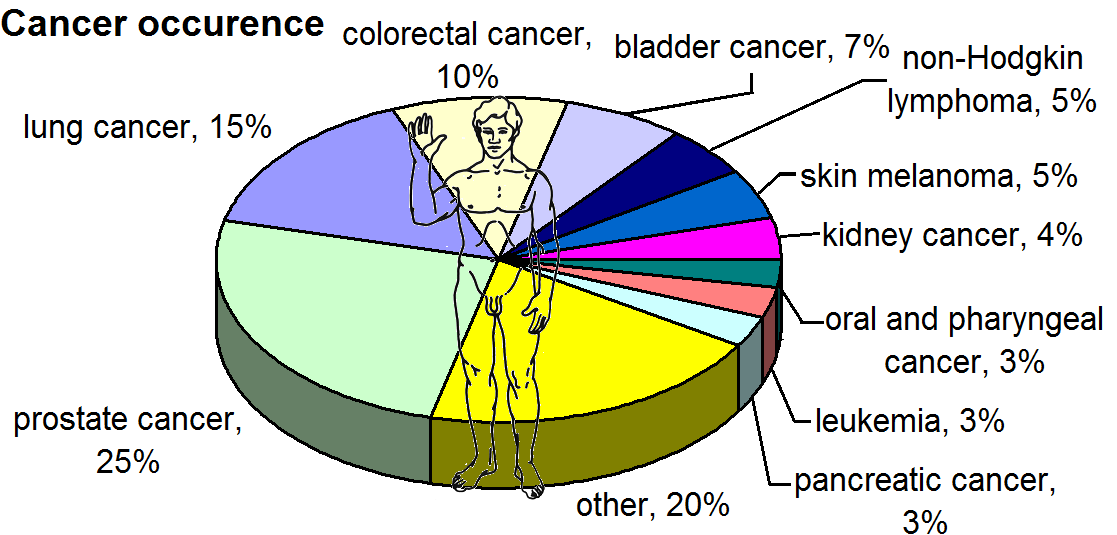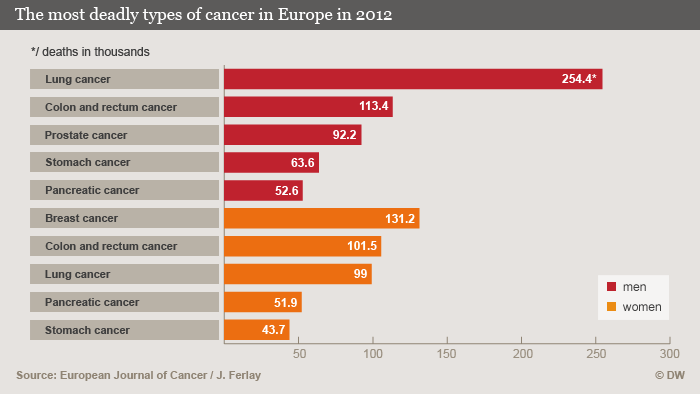
Cravings are almost universally associated with a combination of low dopamine, low GABA, and elevated glutamate and cortisol
The endopioid system seems to play a role as well, unifying both dopamine and GABA in brain regions associated with pain perception and positive reinforcement
Managing cravings at the deepest level means understanding this well enough to correct any inbalance necessary
For example: managing stress, avoiding alcohol, avoiding activities like watching porn that desensitize dopamine/opioid receptors, avoiding hyper-palatable foods, etc
For example: managing stress, avoiding alcohol, avoiding activities like watching porn that desensitize dopamine/opioid receptors, avoiding hyper-palatable foods, etc
In some cases nutrients that feed into the synthesis of these neurotransmitters may play a key role as well
I've had excellent experience myself with B6, zinc, taurine, magnesium, and l-theanine, just to name a few
I've had excellent experience myself with B6, zinc, taurine, magnesium, and l-theanine, just to name a few
• • •
Missing some Tweet in this thread? You can try to
force a refresh






